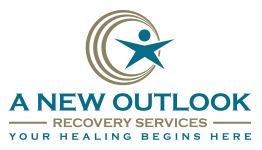06|2020
The Impact of Unresolved Trauma on Relationships
Physicians use the word “trauma” to describe a serious injury to the physical body resulting from a sudden impact, such as an accident or a violent act. But you can also suffer emotional trauma, which can cause an equally painful wound to your sense of self as a whole, coherent being. Just like a wound… Read more »

